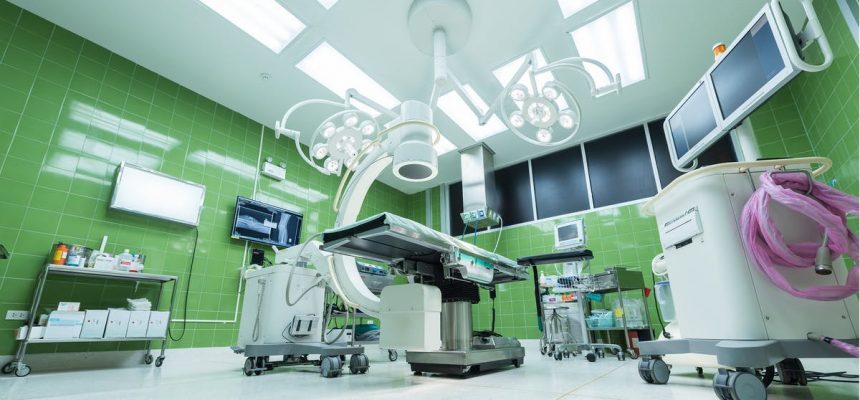Family Of CO Boy Finds Success Crowdsourcing To Pay For Medical Care, But More Is Needed
By Consumers For Quality Care, on June 19, 2019

Maxwell Freed, a 2-year-old, has a genetic disorder so rare that it is only known by the name of the gene it affects, SLC6A1. Maxwell, who lives in Denver, is among 50 people known to have the disease globally, HuffPost reports.
SLC6A1 could leave Maxwell “with permanent, severe intellectual and developmental disabilities, and a form of epilepsy that’s not treatable with current medications.” Physicians believe that Maxwell is a good candidate for gene therapy, an emerging treatment. Amber Freed, his mother, says that only two things stand in the way of a happy life for Maxwell: a scientific breakthrough and $1 million.
Getting the money may prove to be the harder part.
Amber says a time came when she realized that they were going to be on their own to advocate for Maxwell’s chance at treatment. If the family can raise the $1 million for treatment, Maxwell stands a chance. They decided to turn to GoFundMe to try and help them get there. Amber says that so far they have raised roughly $400,000, over two-thirds of that money came from GoFundMe. Still, Amber hopes they might be able to garner the attention of a celebrity like Ellen DeGeneres or Mark Cuban, which could generate a windfall for the family.
“We’re far better off than most Americans, but our expenses are ridiculous and there’s absolutely no safety net,” Amber said. “You need to be Bill Gates rich. … Here we are looking at raising upwards of a million dollars. Like, nobody in the world could possibly plan on something like this.”
The isolation, fear, sadness, and exhaustion of caring for a child with a disease like Maxwell’s is unlike anything Amber ever expected. She wishes their family could do the things others do easily, like going to the zoo. The Freeds hope that if they were able to raise $1 million and get Maxwell into a clinical study, it could bring the possibility of a more normal life.
“It’s like a profound existential sadness when you realize you have done everything right your entire life, worked hard, had a good career, you have good health insurance,” Amber said. “Then you get this diagnosis, and if you want your child to have a chance at living, you need to raise millions of dollars yourself.”
The Freeds are not the only ones to find themselves in this position. As Americans grapple with the high cost of medical care, more and more consumers are turning to crowdsourcing to raise money for treatment and incidental costs. GoFundMe reported that more than 250,000 medical fundraisers are added to the site each year. They raise $650 million per year. Two years ago, medical-related fundraising accounted for a third of all the money raised on the site. In a new series “Life and Debt,” HuffPost is looking at individuals who turn GoFundMe to raise money to fund their care.
While it’s hard not to be inspired by successful campaigns and the fortitude of those suffering through terrifying ordeals, such stories portray a chilling reality that Americans ― even those with good jobs and health insurance, can be one bad day away from financial ruin.
A 2017 survey by the Centers for Disease Control and Prevention found that over 90 percent of Americans have some form of health insurance. Despite that high number, 27 percent recently told West Health and Gallup that they have skipped medical care because of the cost. High deductible and out-of-pocket costs, inadequate provider networks, surprise bills, and insurance denials likely all contribute to the cost of the nation’s health care system.




